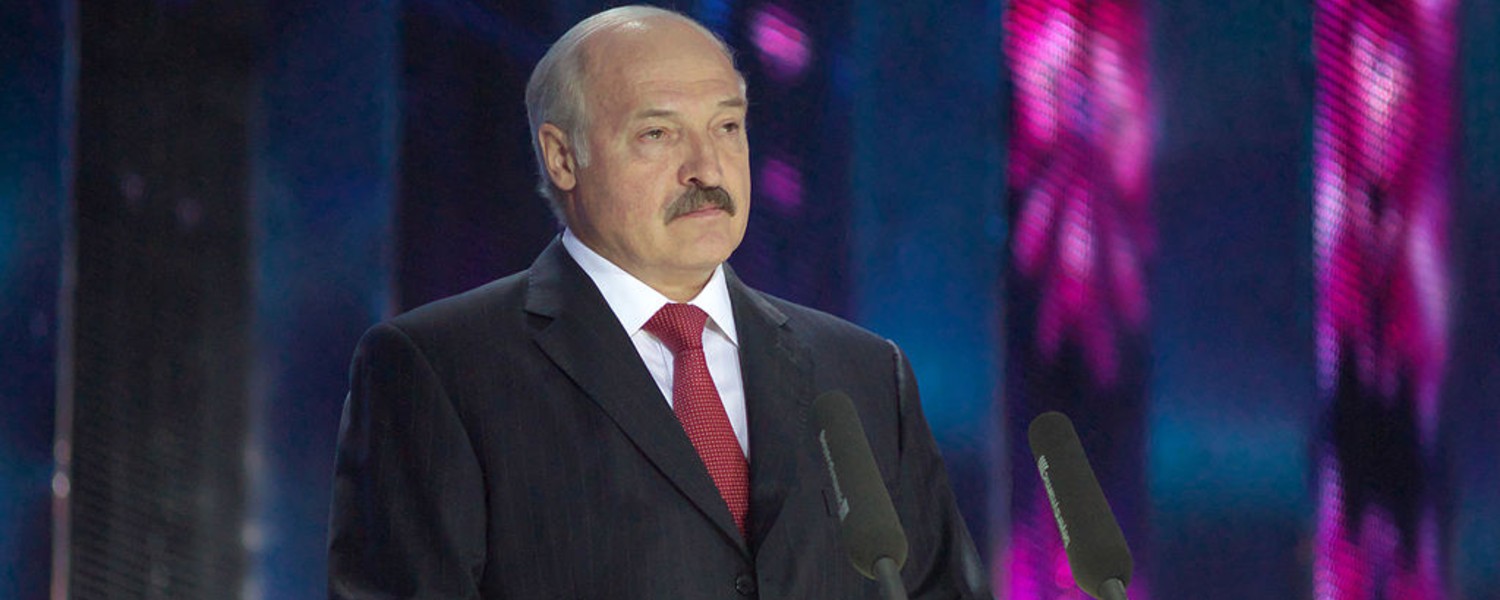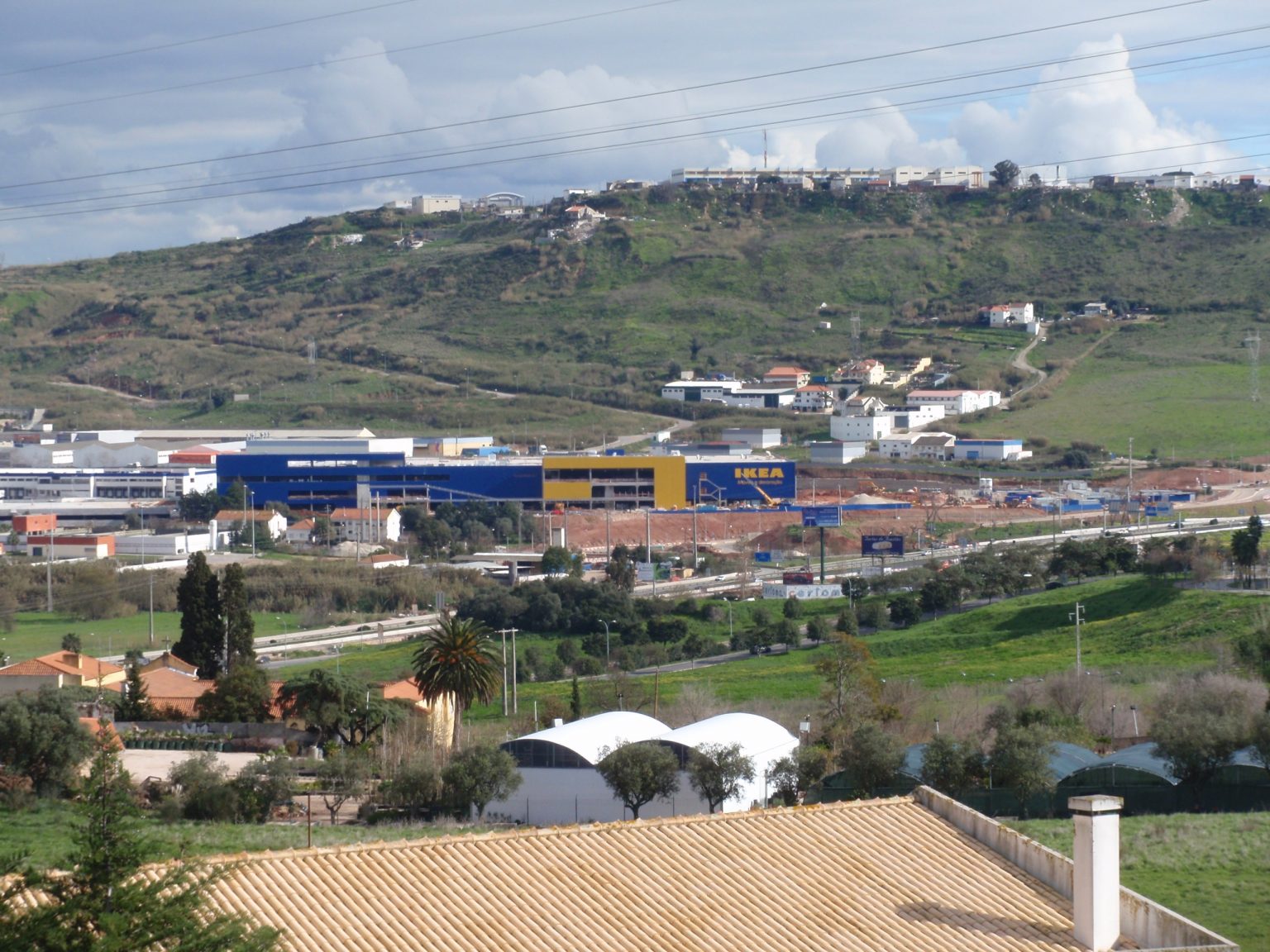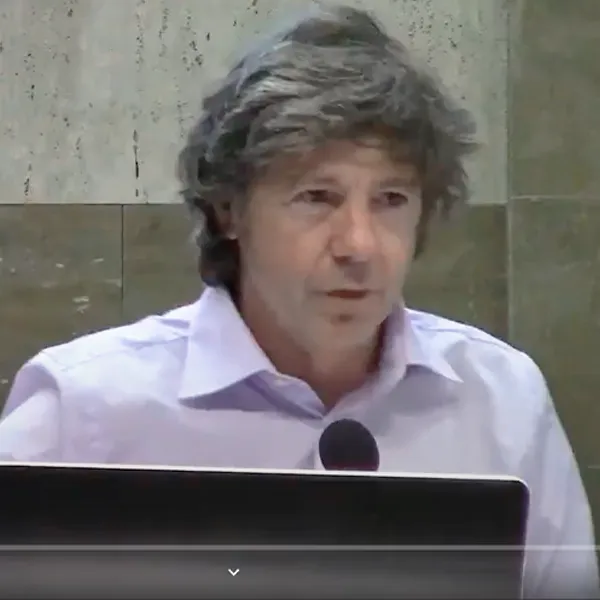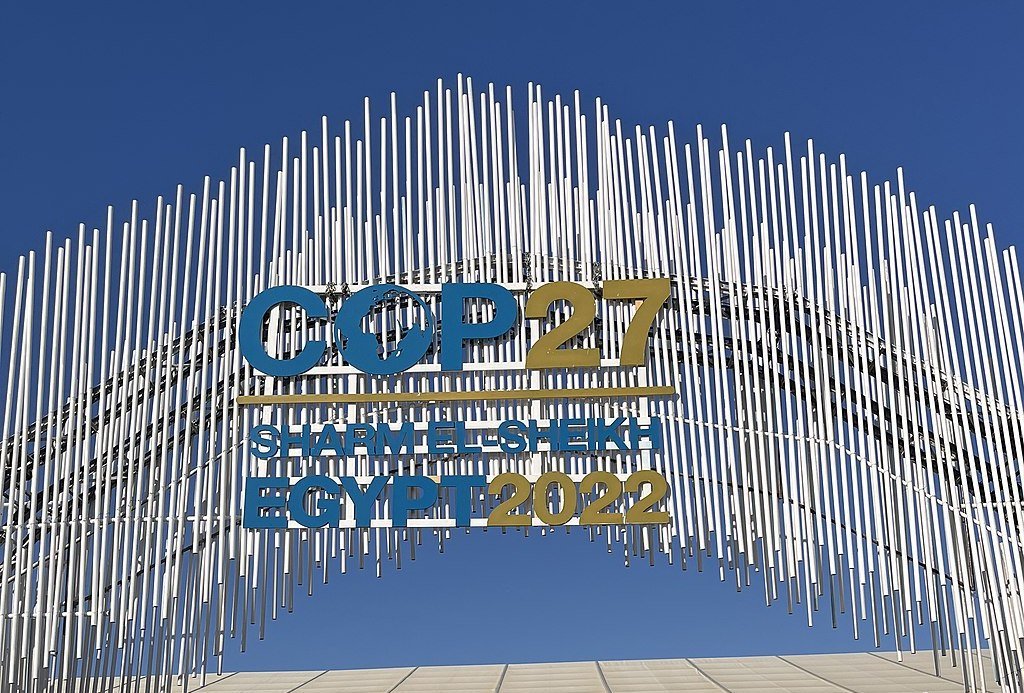This article was pubished on 10 august 2020 at the Rubaltic site and is authored by Alexandr Nosovich.
Western and pro-Western leaders, one after another, refuse to recognise the results from the presidential elections in Belarus. This is the most important foreign policy result of this election campaign. Alexander Lukashenko wasn’t welcomed as “one of us” by the West and its satellites. The West and its satellites used the first presented occasion to challenge his legitimacy. The setup of Belarusian diplomacy for multi-actor foreign policy and “friendship with all” turned out to be unviable.
“It is already obvious that a lot of countries don’t accept the announced preliminary results of the presidential elections in Belarus. It is known that any legitimacy comes exclusively from the public trust. Doubt of such magnitude leads directly to violence, to conflict, to protests. This is what we observe right now,” wrote the Ukrainian president Volodymyr Zelensky on the results of the presidential election in Belarus. The Ukrainian leader openly doubts the legitimacy of the sixth mandate of Lukashenko. He demands that the Belrussian authorities “respect the universal democratic standards of the civilized world”. There is no sign or hint at an official salute from Kiev to the declared winner in Belarus.
This is the most telling among all the reactions to the Belarusian elections. Only a few days before the elections, Alexander Lukashenko was asked about the Ukrainian president in an interview given to the Ukrainian journalist Dmitry Gordon. Lukashenko answered that “Volodya is good” and that he has a lovely relationship with “Volodya”: when they sat together in a restaurant, they laughed so many times.
In a critical moment, “the good Volodya” was one of the first who rejected the status of Belarusian “friend” and took the side of “the civilized world” in the conflict with Lukashenko.
A similar situation is observed with all the “Western partners” of Minsk. When they are confronted with the question of whether they are for Lukashenko or for the protests, the personal relationships and national interests of their countries are of lower magnitude.
The position of Latvia is telling. This Baltic republic put stakes in a pragmatic relationship with Minsk and planned a state visit of Lukashenko to Riga. In order to receive Belarusian goods in its ports, Latvia entered a confrontation with Lithuania and agreed to buy electricity from a Belarusian nuclear plant.
But when the non-recognition of Lukashenko became a matter of geopolitical discipline in NATO’s ranks, the Latvian state didn’t have a minute of doubt. The president and foreign ministry of Latvia announced that the Belarusian elections didn’t meet democratic standards and demanded that Belarusian leadership respect the right of its citizens to “a peaceful protest”.
“Latvia, as a neighbour of Belarus, supports completely the deep desire of the Belarusian people to live in an independent, free, democratic and lawful state,” said the president of the country Egils Levits. The plans for loading the ports of Ventspils and Riga with Belarusian goods were gracefully put back somewhere in the foreign policy warehouse.
That is why the Polish initiative calling for an extraordinary EU summit on Belarus is not a surprise. Obviously, the idea is to issue the newest guidelines against “the last dictatorship of Europe”. Lithuania will certainly ask and obtain sanctions against the Belarusian nuclear plant at this meeting.
The Polish Ministry of Foreign Affairs already announced that the EU has to discuss the introduction of hard measures against Minsk. Warsaw doesn’t want to believe in Lukashenko’s electoral win. The German government has said that the actions of the Belarusian authorities are unacceptable and Berlin will coordinate a common EU response to the events in Minsk. The head of the European Commission Ursula von der Leyen tweeted during the presidential elections that “harassment & violent repression of peaceful protesters has no place in Europe.” The European External Service spoke of “disproportionate and unacceptable state violence against peaceful protesters.”
On one hand, there is nothing new in such a reaction. The countries of the EU and NATO reacted similarly against the reelections of Lukashenko in 2006 and 2010. On the other hand, after the signing of the Minsk agreements, the Belarusian establishment developed faith that Europe would finally appreciate the unique role which Belarus has as a regional donor to security, and Lukashenko as a guarantor of the sovereignty and independence of the country.
The reaction of NATO and EU member countries to the 9 August elections proves that nothing changed in the West’s attitude to Belarus.
In the geopolitical coordinate axis of “our own/foreign”, Lukashenkno is foreign. The Republic of Belarus which he constructed over the last quarter of a century doesn’t have a right to exist. The destruction of this anomaly in the heart of Europe is a civilizational goal for “the free world”.
That is why the greetings for Lukashenko keep coming from China, Russia, Azerbaijan and Kazakhstan, but there are no greetings from Warsaw or Washington. No greetings come from Berlin, either. Nor any from Riga and Kiev.
Photo: Alexander Lukaşenko (source: Serge Serebro, Vitebsk Popular News, CC BY-SA 4.0)











